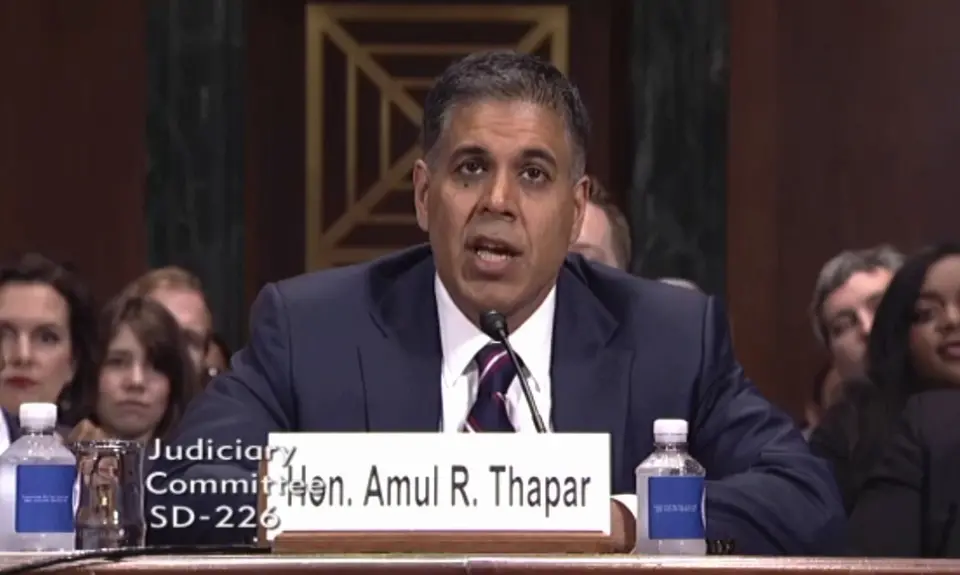“Confirmed Judges, Confirmed Fears” is a blog series documenting the harmful impact of President Trump’s judges on Americans’ rights and liberties.
Trump Sixth Circuit judge Amul Thapar tried, in an April, 2019 dissent in Guest-Marcotte v. Life Insurance Company of North America (LINA), to deny attorneys’ fees to a worker with a disability who had to bring extensive legal proceedings to reverse what the majority called an “egregious” denial of disability benefits. The two judges in the majority who rejected Thapar’s argument were appointed by Presidents Reagan and Bush.
Kimberly Guest-Marcotte was diagnosed with a rare genetic disorder that causes “frequent joint dislocations” and “severe, chronic pain.” She applied for disability benefits from her employer but LINA, which administers the disability plan under the federal ERISA law, denied her claim and declinedto order an in-person medical examination. She appealed twice administratively, after which she was fired. After she filed suit in state court against LINA and her employer, the case was transferred to federal court. The district court denied her claim, but the Sixth Circuit reversed on appeal and sent the case back to the district court for further proceedings.
Guest-Marcotte then sought attorneys’ fees under federal law, which provides that a district court may award fees when a party has achieved “some success on the merits” of an ERISA disability claim, as she clearly had. But the district court denied fees and Guest-Marcotte appealed.
In a 2-1 opinion joined by Reagan appointee Alan Norris, Judge John Rogers, who was appointed by President George W. Bush, reversed. The majority recognized that the decision to deny fees could only be reversed for an “abuse of discretion,” but found a clear abuse in this case.
LINA had denied benefits to Guest-Marcotte based on “repeated and material misreading of the plan requirements,” the majority reasoned, and the employer itself, by firing her, recognized that her impairments “supported her inability to perform her duties.” While not quite rising to the level of bad faith, the majority explained, LINA’s conduct was “about as culpable as it otherwise could get.”
The majority carefully reviewed the accepted criteria for granting fees in such cases, and concluded that Guest-Marcotte’s case was a “paradigm case for when attorneys’ fees are called for” under federal law, and that the district court had made a “clear error of judgment” in denying them. But Thapar would have deferred to the lower court and ruled against Guest-Marcotte and for the insurance company.
